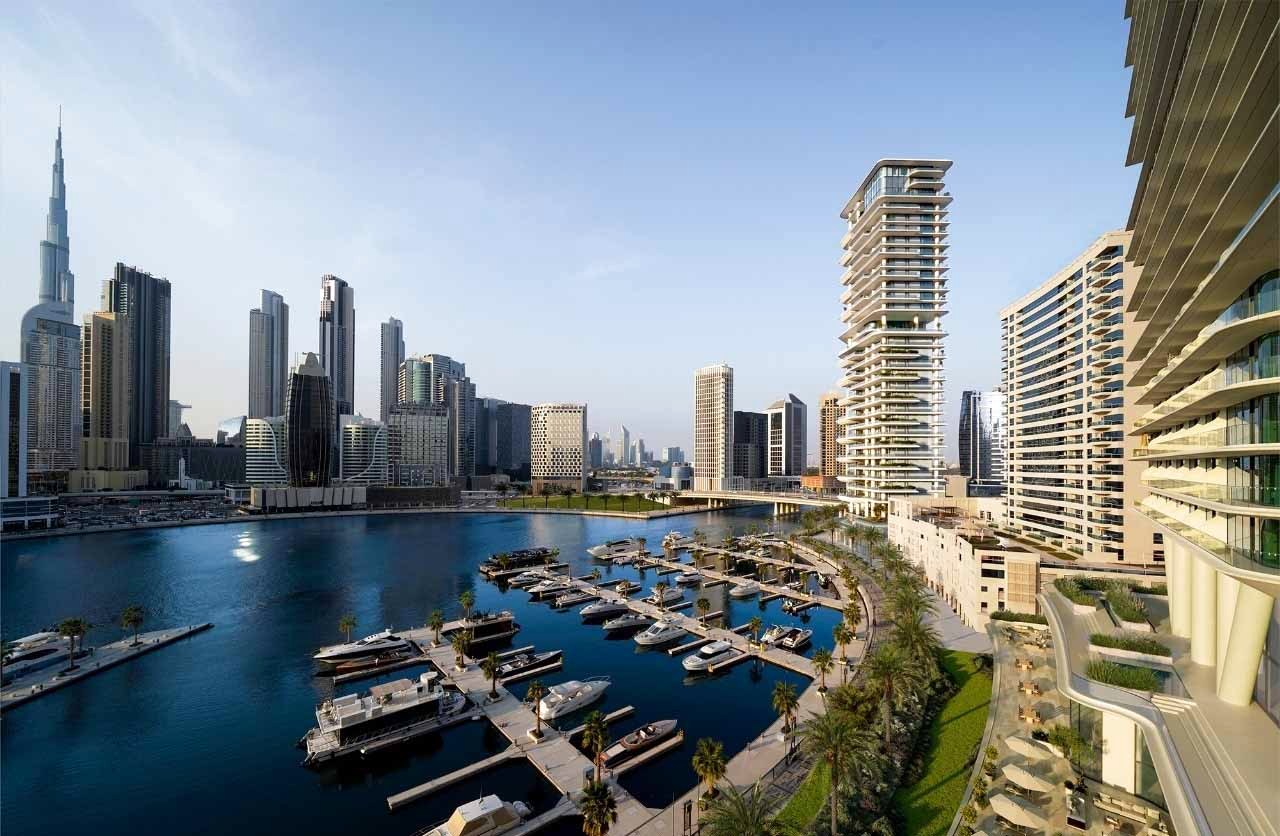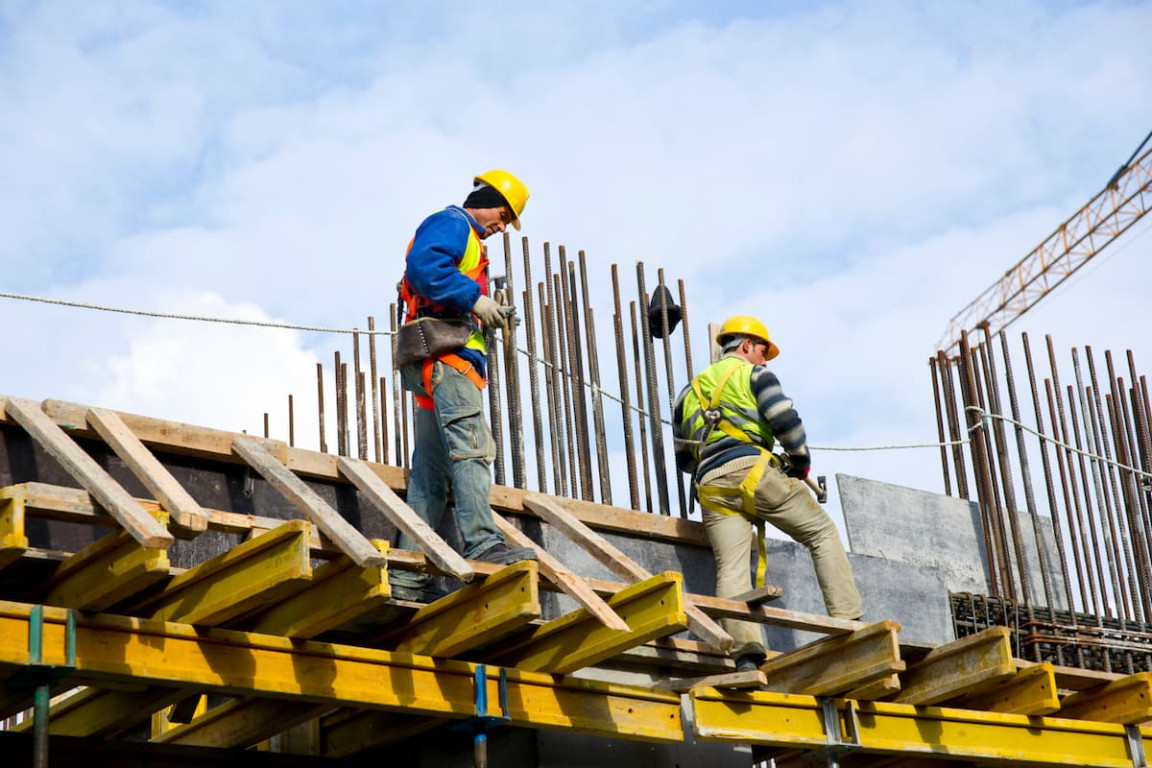Purchasing a condo when it’s in the pre-construction period might seem a little too hasty. In that scenario, it would seem the unit is being purchased based on the architectural drawings from the developer’s sales site. The reality, however, is that buying a unit before construction is finished isn’t all that straightforward.
Developers tend to rework the designs of a unit’s layout as the job progresses. This is a necessity given the many changes that happen during construction. Purchase contracts are drafted to be advantageous. For instance, a late complex completion will force delays onto the purchaser. They may even be put into the position of occupying their unit while the proper permits are still being worked out, as well as certain aspects of the construction itself.
Buyers might also be victimized by developers that attempt selling off units that are in an early stage and still in possession of over 51 percent of the condominium project. As time passes, developers may find themselves unable to sell off the remaining units.
A condominium that can’t attract any new buyers will likely experience a major decline in the overall value of its units. After realizing there isn’t any major demand, developers will decide to rent out any unit that has gone unsold. The overall unit value then drops even lower.
It is advised that buyers consult with an experienced lawyer to insert conditions of their own into any purchasing contract. By determining a fixed completion date, the buyer can make sure they’ll get their deposits back if a developer happens to give an inaccurate estimate of time. These sort of arrangements can even help protect the existing value of previously sold units.
The timing of the completion needs to be in the buyer’s hands. It is highly suggested that the proceeds from the sale of a unit, as well as its deed, remain in escrow under the guidance of the developer’s lawyer. Only once the developer has sold as much as 51 percent of their units should this cease. Whoever purchases the unit will have to pay occupancy fees to the developer, equal to that of a combination of the monthly maintenance fees and the anticipated mortgage as long as their agreement is going as planned. Many developers will try to push these without sticking to the terms you’ve laid out, so be mindful of how your dealings with them proceed.
You must also keep the condo maintenance fees in mind. Only for the first year of operation after the unit owners take charge of the complex are they guaranteed. Developers tend to calculate an initial budget based on the lower end in order to make the condominiums appeal to more buyers overall.
As the years go on, a majority of the unit owners will assume control of a complex. It’s almost as if it’s a rule. Afterward, they are hit with a notably higher monthly maintenance fee that’s meant to take care of the developer’s overrun costs. From the first year on, buyers will take on and expect to see increased maintenance fees. Naturally, this comes after the completion of the condo.




:max_bytes(150000):strip_icc()/__opt__aboutcom__coeus__resources__content_migration__mnn__images__2018__03__shutterstock_1051823762-0b00dcf9cd99473cabaff5546d745b0a.jpg)